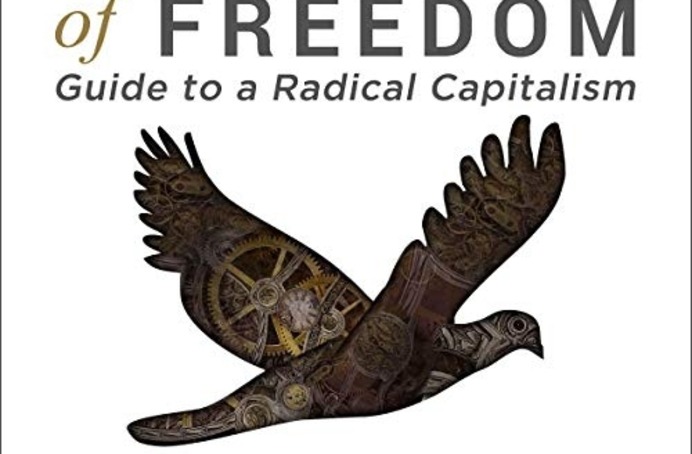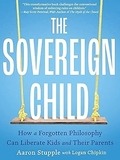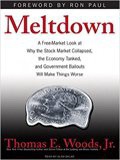Book

The Machinery of Freedom
This book argues for a society organized by voluntary cooperation under institutions of private property and exchange with little, ultimately no, government. It describes how the most fundamental functions of government might be replaced by private institutions, with services such as protecting individual rights and settling disputes provided by private firms in a competitive market. It goes on to use the tools of economic analysis to attempt to show how such institutions could be expected to work, what sort of legal rules they would generate, and under what circumstances they would or would not be stable. The approach is consequentialist. The claim is that such a society would produce more attractive outcomes, judged by widely shared values, than alternatives, including the current institutions of the U.S. and similar societies.The second edition contained four sections, this third edition adds two more. One explores some of the ideas already raised in greater depth, including discussions of decentralized law enforcement in past legal systems, of rights seen not as a moral or legal category but as a description of human behavior, of a possible threat to the stability of the system not considered in the previous editions, and of ways in which a stateless society might defend itself from aggressive states. The final section introduces a number of new topics, including unschooling, the misuse of externality arguments in contexts such as population or global warming, and the implications of public key encryption and related online technologies.
aboutLiberty Portal
Liberty Portal is your gateway for free markets and free thinking. We aggregate open-sourced content to promote and popularize important people and lessons within the liberty movement.
suggested
Aaron Stupple
The Sovereign Child

Could it really be okay to let kids eat whatever they want? Sleep whenever they want? Watch whatever they want? If kids are completely free to make their own choices, they’ll develop damaging habits that will haunt them into adulthood. Surely parents have a duty to set a few limits.
But what if this conventional wisdom is wrong? What if our deepest ideas of how learning works, how knowledge grows, and the nature of personhood all point to the brute fact that parenting philosophies have missed a critical detail?
In The Sovereign Child, Aaron Stupple explains Taking Children Seriously, the only parenting philosophy that accounts for the fact that children are people—their reasons, desires, emotions, and creativity all work precisely the same way that those of adults do. Because of this, much of the conventional wisdom simply cannot work as intended.
Using examples gleaned from his years as a father of five, Aaron takes a close look at the unavoidable harms of rule enforcement and the startling alternatives available when parents never give up on treating children as if their reasons for their choices matter as much as anyone else's.
Tom Woods
Melt Down

The excellently written Meltdown is the best introduction to Austrian Business Cycle theory and boom bust cycles from The Great Depression to the financial crash of 2008. Reading Tom Woods is essential.
Scott Horton
Hotter Than The Sun: Time To Abolish Nuclear Weapons

This book contains interviews conducted over more than a decade with experts of all descriptions — including Daniel Ellsberg, Seymour Hersh, Gar Alperovitz, Hans Kristensen, Gordon Prather, Joe Cirincione and more — about the threat of nuclear war between major and minor powers, the nuclear arms-industrial complex, the nuclear programs and weapons of the so-called “rogue states” of Iraq, Iran, Syria, Israel and North Korea, the bitter truths and eternal lessons of America’s nuclear bombing of Japan in World War II and the dedicated activists working to abolish the bomb for all time.
Read more


